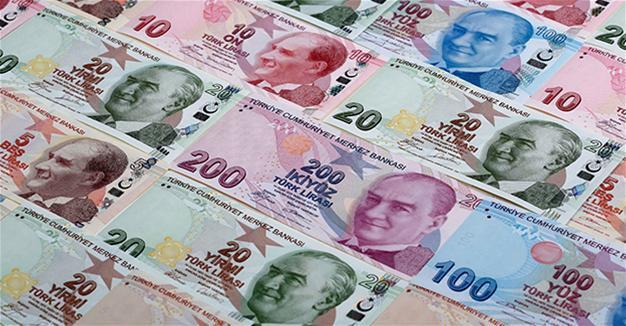Turkish watchdog head backs trade in local currencies
ANKARA/BAKU – Anadolu Agency

REUTERS photo
Lending in local currencies should be considered as an opportunity to enhance trade relations with countries like Russia and China, head of a Turkish banking watchdog said on Dec. 21.
Mehmet Ali Akben, head of the Banking Regulation and Supervision Agency, told state-run Anadolu Agency that Turkish banks had already begun the framework for such a mechanism.
“It is very important to conduct trade and implement trade agreements in local currencies with other countries just like Russia and China do,” Akben said.
The central banks of Turkey and China concluded their first Turkish lira-yuan swap deal worth 450 million Turkish Liras ($132.42 million) on Nov. 30, which was aimed at reducing reliance on the greenback.
Akben said they negotiated with Turkish banks on giving loans in Russian ruble in the tourism sector and added that the banks were working on this.
“If a Russian tourist make payments in ruble and banks give loans in ruble, that will be a trade in itself,” he said.
President Recep Tayyip Erdoğan said in November that his country was planning to trade with Iran, Russia and China in local rather than foreign currencies in order to strengthen the lira and reduce dependency on the dollar.
The lira has lost more than 6 percent of its value against the dollar since November which led to top Turkish officials, including the president to urge Turks to cash in their foreign exchange holdings and buy the lira to stem the Turkish currency’s decline.
Turkey wants to increase the use of local currency to at least 10 percent in foreign trade in order to maintain the country’s financial safety, the Turkish Economy Minister Nihat Zeybekci said on Dec. 21.
Speaking in a meeting of economy ministers held by the Cooperation Council of Turkic Speaking States, Zeybekci said there was a clear need to enhance trade relations among Turkic Council members.
“We set the 10 percent level as a target of the share of liras in our total foreign trade volume,” he said.
“This is a serious issue in terms of our financial safety. We will close this year without any loss. The country’s exports will rise in 2017 because we have started export-support programs,” he added.
